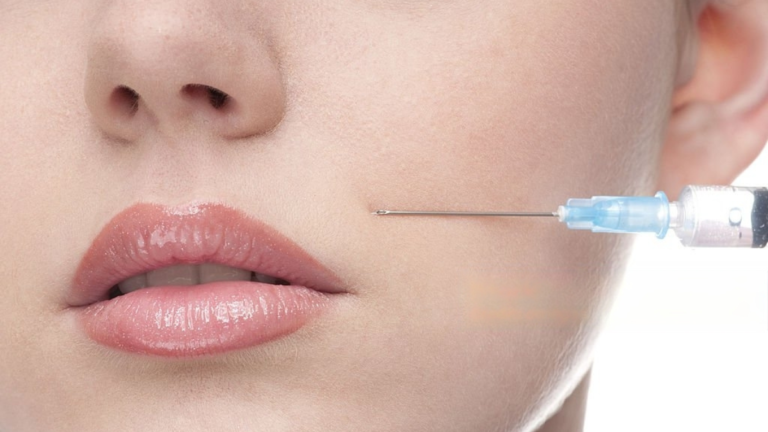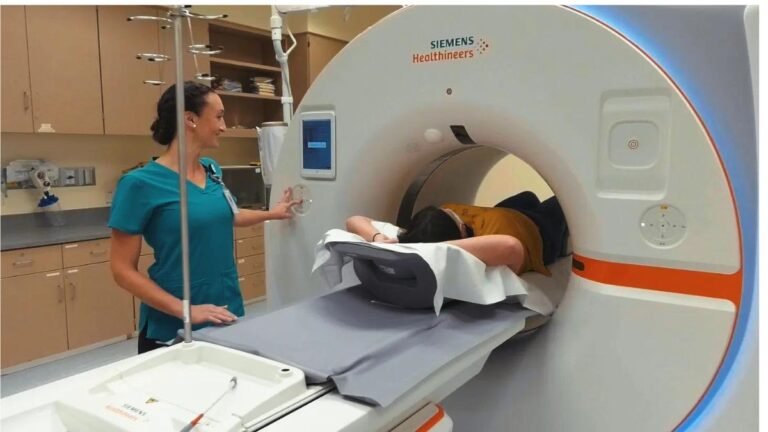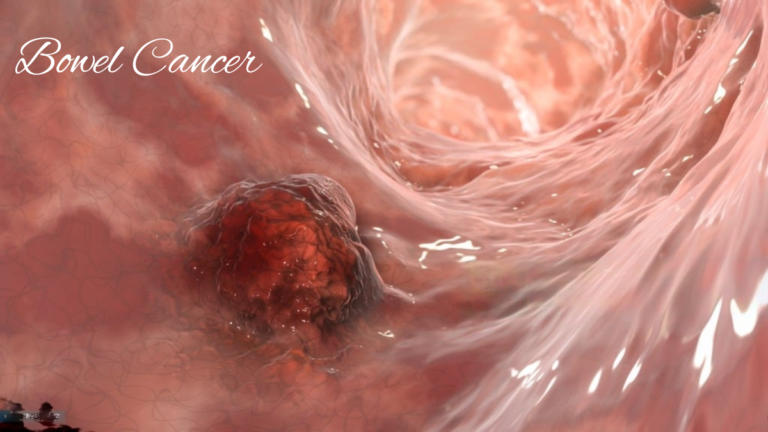History of Drugs: The Evolution of Pharmaceutical Advancements
The narrative of drugs is one of the most dramatic and divisive threads in the great fabric of human history. The history of drugs is an intriguing one, spanning from traditional medicines to cutting-edge pharmaceuticals. Come along as we delve into the rich background of drugs.
Introduction
The history of pharmaceuticals is a complex network of accidental discoveries and miraculous advances. In this post, we’ll go back in time to examine the impact of pharmaceuticals from their first applications to the present day.
Ancient Beginnings
Drugs have always played a significant role in human culture. Ancient cultures like the Sumerians and Egyptians used natural ingredients for healing and ceremonies for hundreds of years, if not millennia. The modern pharmaceutical business has its roots in these early procedures.
Mediaeval Europe: A Time of Alchemy and Transformation
The Middle Ages saw a magical shift in the drug trade. The goals of alchemy were to turn common metals into gold and to find an immortality elixir. Along the way, they discovered a number of chemical interactions, some of which ultimately led to the development of effective medications.
The Renaissance: The Birth of Modern Medicine
The introduction of new medications during the Renaissance was a watershed moment. During this time, scientific investigation started to supplant mysticism. The foundations of contemporary pharmacology were formed by pioneers like Paracelsus. New chemical synthesis and the creation of accurate dosage formulations became the norm.
The 19th Century: The Age of Discovery
There was a golden age of drug development in the 19th century. The first synthetic medications were developed after the discovery of plant-based active chemicals and their separation. Opiates appeared during this time period, too, bringing with them new addiction problems.
The 20th Century: From Penicillin to Psychedelics
The pharmaceutical industry made leaps and bounds in the 20th century. Alexander Fleming’s discovery of penicillin revolutionized how bacterial illnesses were treated. Concurrently, drug usage for entertainment purposes increased in popularity, sparking a societal shift.
The Modern Era: Pharmaceuticals and the Opioid Crisis
Pharmaceutical firms have become increasingly important in modern medicine. Vaccines and other medical advances have greatly benefited human health, but the opioid crisis has cast a shadow on the current age. Misuse of prescription opioids has reached epidemic proportions, posing a serious threat to public health.
Conclusion
The development and exploration of new medications is a fascinating topic with far-reaching repercussions. From traditional herbal medicines to modern medications, drugs have always offered both benefits and risks. To successfully navigate the modern drug world, familiarity with this background is essential.







